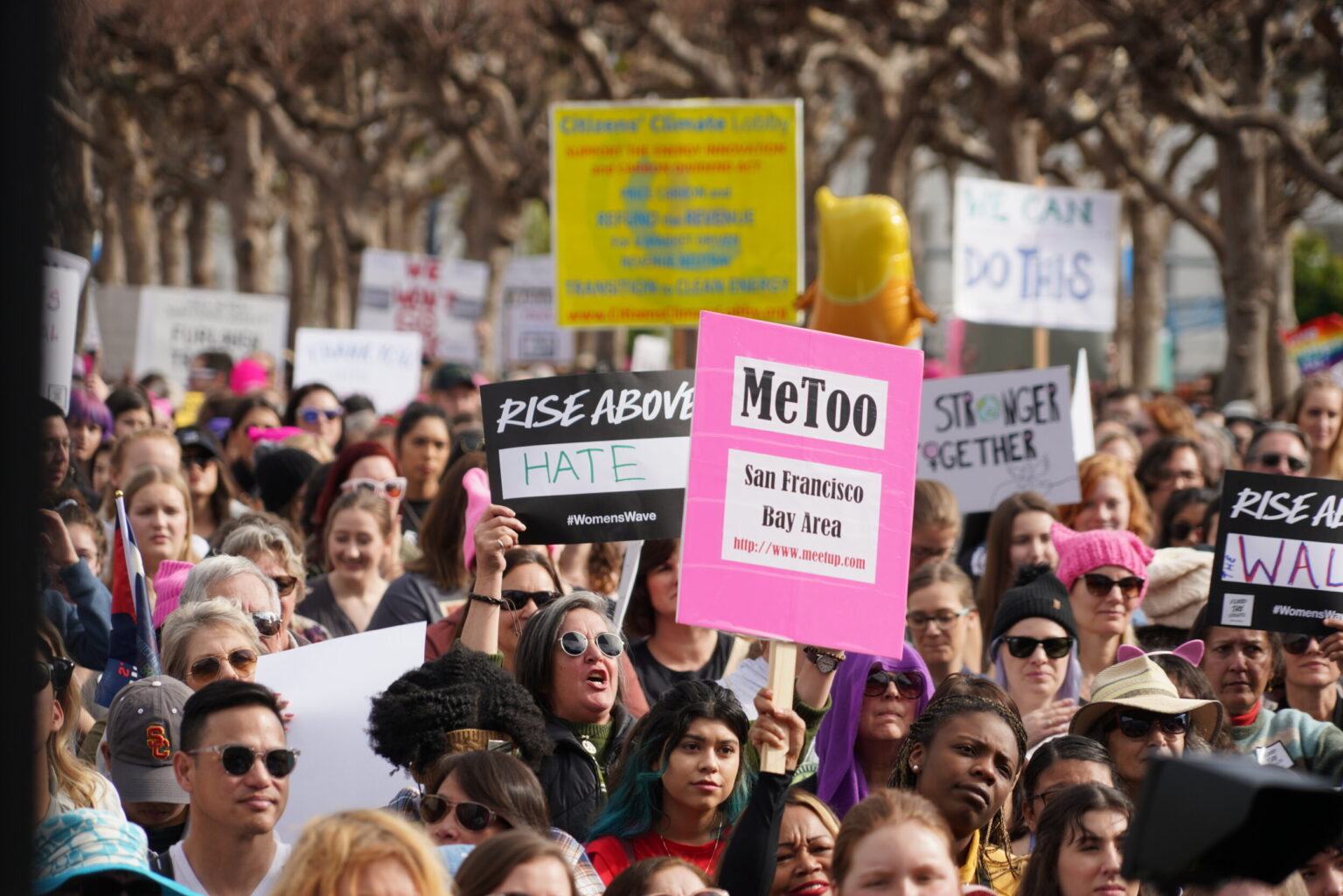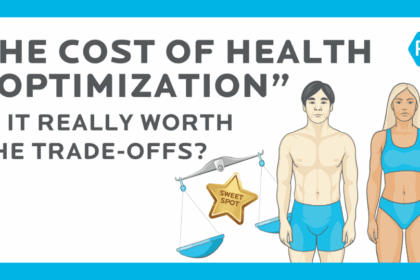MeToo movement gained tremendous momentum in 2017, as it became a global phenomenon that sparked widespread conversations about sexual harassment and abuse. It all began with a simple hashtag, but by the end of the year, it had transformed into one of the most significant social movements in modern history. The movement empowered countless individuals, primarily women, to share their stories of sexual harassment and assault, which had long been kept in silence or dismissed by society.
The movement was ignited by a series of bombshell allegations against Hollywood mogul Harvey Weinstein, which were reported in major media outlets like The New York Times and The New Yorker. Weinstein was accused by numerous women, including actresses and employees, of sexual harassment, assault, and other forms of misconduct over a period of several decades. The revelations sparked a flood of similar accusations against other powerful men in various industries, ranging from entertainment to politics to business.
Actresses like Ashley Judd, Gwyneth Paltrow, and Rose McGowan came forward, detailing their experiences of harassment by Weinstein. Their bravery in speaking out set the stage for a larger movement, with other women, many of whom had been silent for years, beginning to share their own stories. The hashtag #MeToo, originally coined by activist Tarana Burke in 2006, was revived and quickly spread across social media, giving a voice to those who had experienced sexual harassment and assault.
As more women shared their stories, the movement exposed the deep-seated culture of sexual harassment and abuse in workplaces, entertainment, politics, and other sectors. The #MeToo movement resonated globally, inspiring similar conversations in countries around the world. It was not just about Weinstein; it was about the systemic issue of gender inequality and the abuse of power that had existed for far too long. The movement highlighted how women, particularly those in positions of vulnerability, had been subjected to harassment in silence.
One of the most significant impacts of the #MeToo movement was its ability to bring attention to the widespread nature of sexual harassment and abuse in society. It was no longer something that could be easily dismissed as isolated incidents or personal disputes. Women and men from all walks of life began to understand that harassment wasn’t just a few bad apples; it was part of a larger, toxic culture that normalized the objectification of women and the abuse of power.
By the end of 2017, the #MeToo movement had reached beyond the entertainment industry and had permeated politics, business, and many other sectors. High-profile figures were called out for their misconduct, with several losing their jobs and facing legal consequences. Politicians, journalists, and business leaders were accused of harassment, sparking debates about accountability and power dynamics in society. Notable figures, such as media mogul Charlie Rose, U.S. Senator Al Franken, and even the former head of the World Bank, were among those accused of inappropriate behavior.
However, the movement wasn’t without its critics. Some argued that the #MeToo movement had gone too far or that it led to a witch hunt atmosphere where men were presumed guilty without due process. Others voiced concerns about the potential for false accusations and the harm they might cause to individuals’ reputations. Despite these criticisms, the overwhelming response to the #MeToo movement was one of support and solidarity for survivors of sexual harassment.
One of the most powerful aspects of the #MeToo movement was its ability to show how harassment and abuse could often go unchecked due to fear, shame, and a lack of proper channels for reporting such incidents. Many women, particularly in industries where their careers and livelihoods depended on powerful men, had been reluctant to speak out. The movement provided a platform for these women to be heard and allowed them to join together in a collective voice that could no longer be ignored.
The #MeToo movement also emphasized the importance of believing survivors and addressing the toxic cultures that allowed harassment to thrive. It wasn’t just about individual cases of misconduct but also about dismantling the systems of power and privilege that allowed such behavior to flourish. It called for changes in policies, workplace cultures, and legal systems to create safer environments for women and to ensure that those who perpetrate harassment are held accountable for their actions.
By the end of 2017, the #MeToo movement had sparked an important and ongoing conversation about sexual harassment, gender inequality, and the abuse of power. It created a wave of awareness that not only empowered women to speak out but also made society at large more conscious of the need for systemic change. While the movement began in response to specific instances of abuse, it grew into a broader call for a cultural shift — one where victims would no longer be silenced and where perpetrators would face justice.






